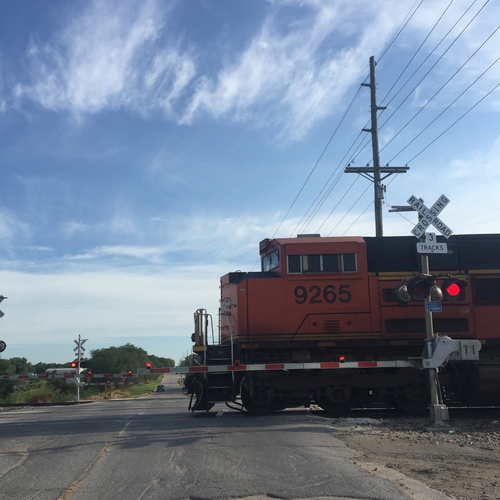
A new rule finalized Oct. 1 by the Federal Railroad Administration (FRA) recognizes that people who are directly involved in and impacted by rail accidents have critical insights that can enhance the FRA’s investigations of accidents and their outcomes, and that they should be able to do so.
“The safety of our nation’s railways is of paramount importance, and this rule ensures that we are taking a collaborative approach to accident/incident investigations,” said FRA Administrator Amit Bose. “By inviting stakeholders to participate in FRA investigations, we leverage their expertise and unique insights that can enhance the quality of our investigations, which ultimately leads to a safer rail system for everyone.”
As part of its mission to enforce and improve rail safety, the FRA investigates rail transportation accidents and incidents that result in serious injury to an individual or to railroad property.
Specifically, the FRA issued this direct final rule to amend its Code of Federal Regulations, codifying the agency’s Policy for Gathering Information and Consulting with Stakeholders.
This policy, said the FRA, is the formal process that its investigators use to determine when to gather information from and consult with various stakeholders during an investigation of an accident or incident and the best method for doing so.
The new rule, which is required by the Bipartisan Infrastructure Law, mandates that key stakeholders — including railroad carriers, labor organizations, and other relevant entities — be provided an opportunity to participate “meaningfully” in FRA investigations. This includes the ability to submit pertinent information and to contribute to the on-site, off-site, and analysis phases of the investigative process, the FRA said.
Among key provisions in the rule are prompt notification to relevant stakeholders when an investigation is initiated so they may prepare for participation, according to an FRA statement.
Additionally, participating stakeholders will have access to relevant investigative data, which the FRA says will ensure transparency throughout the process.
“Together, these provisions standardize the practice FRA uses during investigations, helping to set clear expectations of when and how to involve stakeholders,” the statement says.
In developing this standard process, the U.S. Secretary of Transportation also must factor in ways to maintain the confidentiality of any entity if the entity requests confidentiality; the entity was not involved in the accident or incident; and that maintaining the entity’s confidentiality does not adversely affect the FRA’s investigation, according to the Federal Register notice.
Specifically, the new rule includes guidelines for:
- When the FRA will provide the opportunity for stakeholders to participate in FRA accident and incident investigations;
- How the FRA will notify stakeholders of an accident investigation in which they may participate;
- The expectations of stakeholders;
- How stakeholders can participate in the FRA’s accident investigation process;
- How stakeholders can submit information to FRA to assist with the investigation; and
- How confidentiality of individuals and requests for confidentiality by entities will be addressed and maintained.
Any process developed by the secretary will apply only to FRA investigations and not those carried out by the National Transportation Safety Board, according to the Federal Register notice.
The final rule is effective Oct. 31 “unless FRA receives adverse, substantive comment” by that date. If the FRA does receive such comments, then it will publish a timely withdrawal in the Federal Register informing the public that the rule will not take effect.